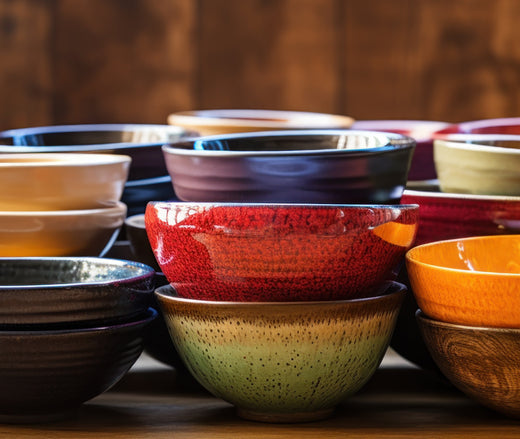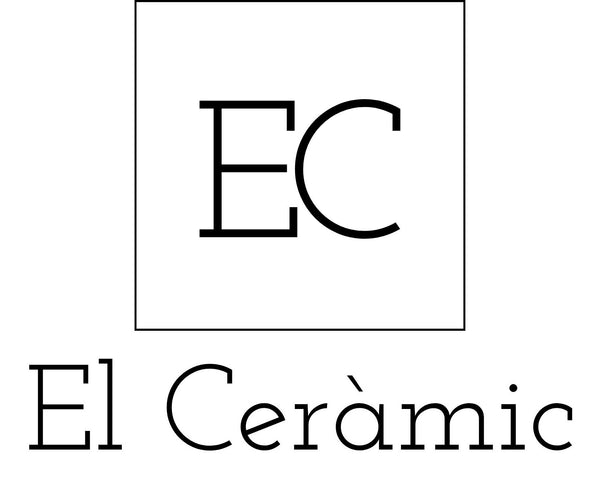
The rise of ceramic crafts post covid
Share
Since the start of the COVID-19 pandemic, crafts have seen a remarkable resurgence in Spain and Europe. Lockdown and restrictions prompted many people to rediscover manual activities, such as pottery, sewing and carpentry, not only as a means of entertainment, but also as a way of personal and emotional reconnection.
The growing trend towards sustainable and local consumption has been a key factor. European consumers, increasingly aware of the environmental impact of their choices, have begun to value handmade products for their quality, authenticity and smaller ecological footprint. This has favoured small workshops and artisans, revitalising local economies and generating opportunities for fair trade.
In Spain, digital platforms and social media have played an essential role in promoting crafts, allowing creators to connect with wider audiences. Likewise, initiatives such as online markets and virtual fairs have facilitated the commercialization of products in a context of physical restrictions.
In addition, the cultural and tourism sector has promoted crafts as part of intangible heritage, attracting both visitors and new practitioners seeking authentic and creative experiences.
Craftsmanship, more than a passing fad, is consolidating itself as a movement that unites tradition and innovation, reinforcing its role as a cultural and economic driving force in a Europe that seeks a more humane and sustainable future.
